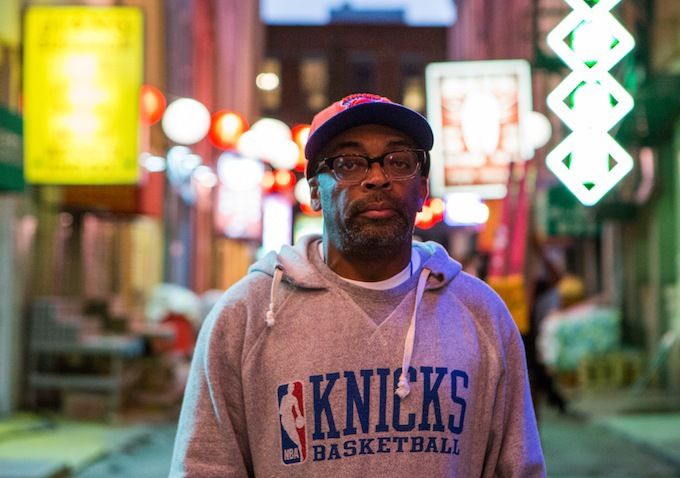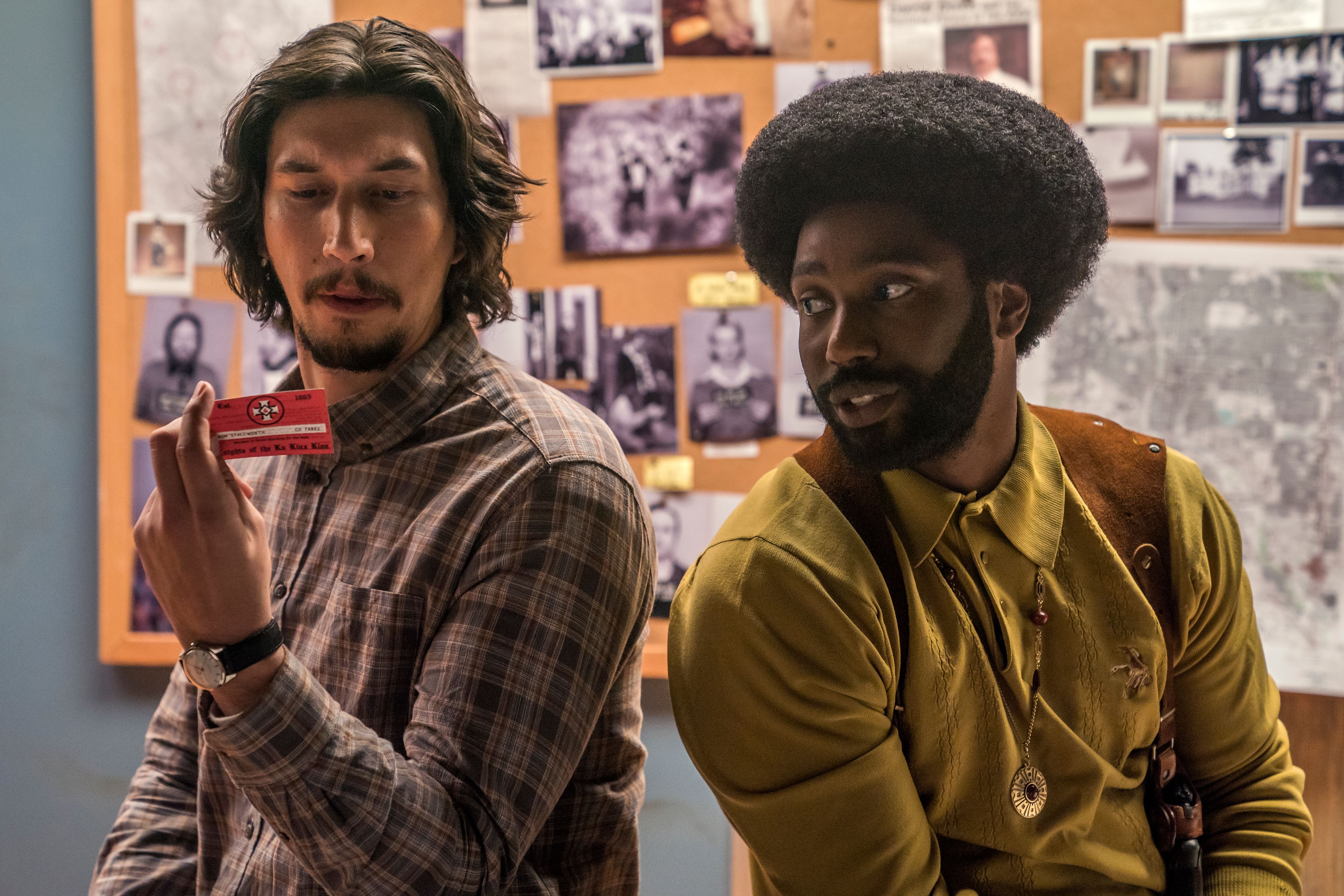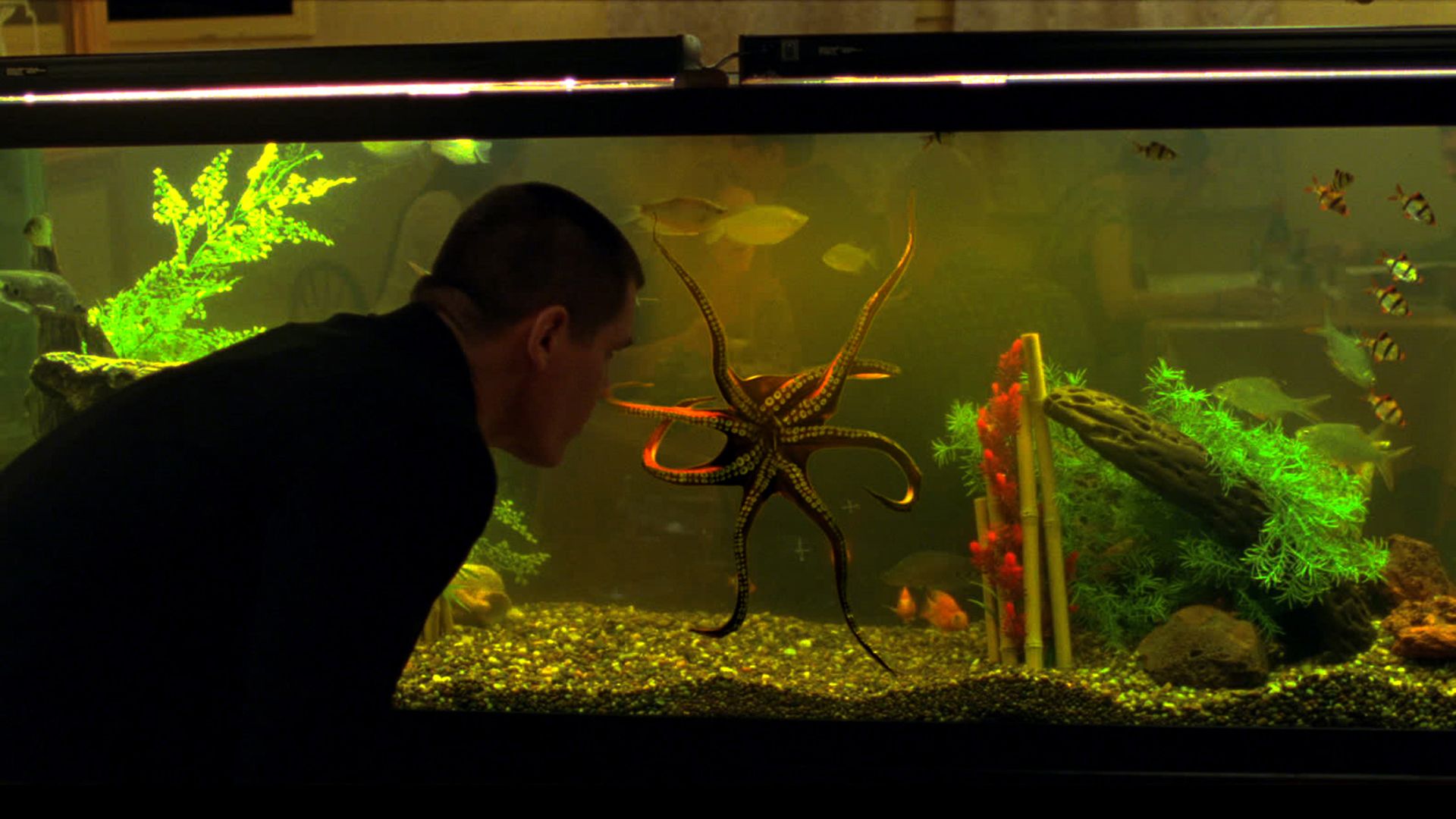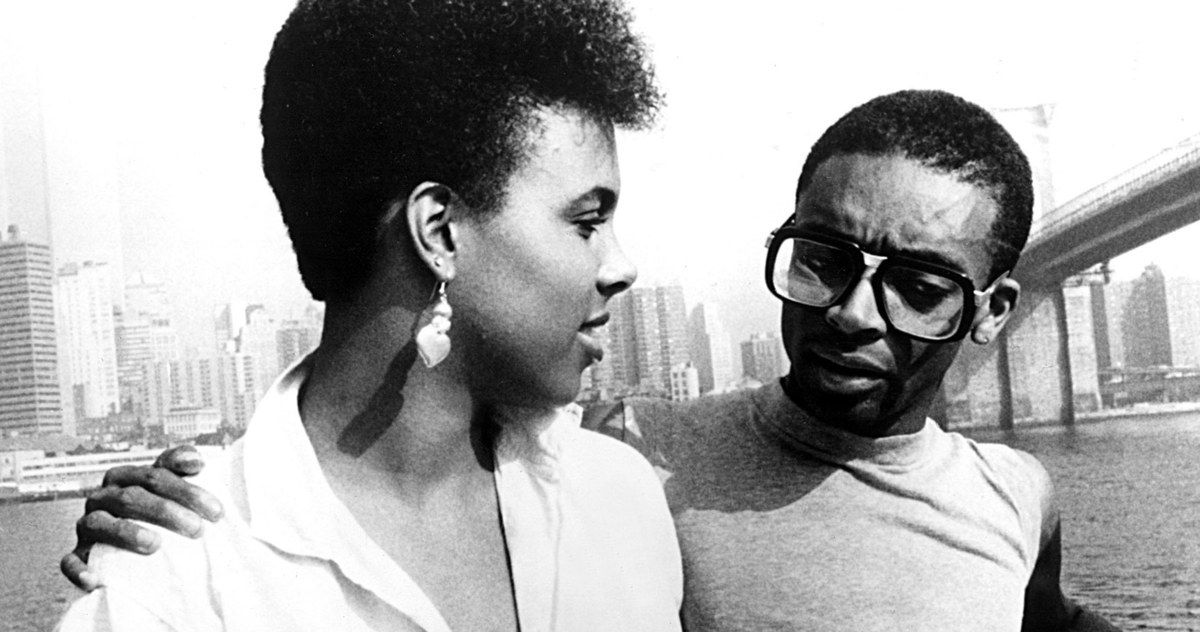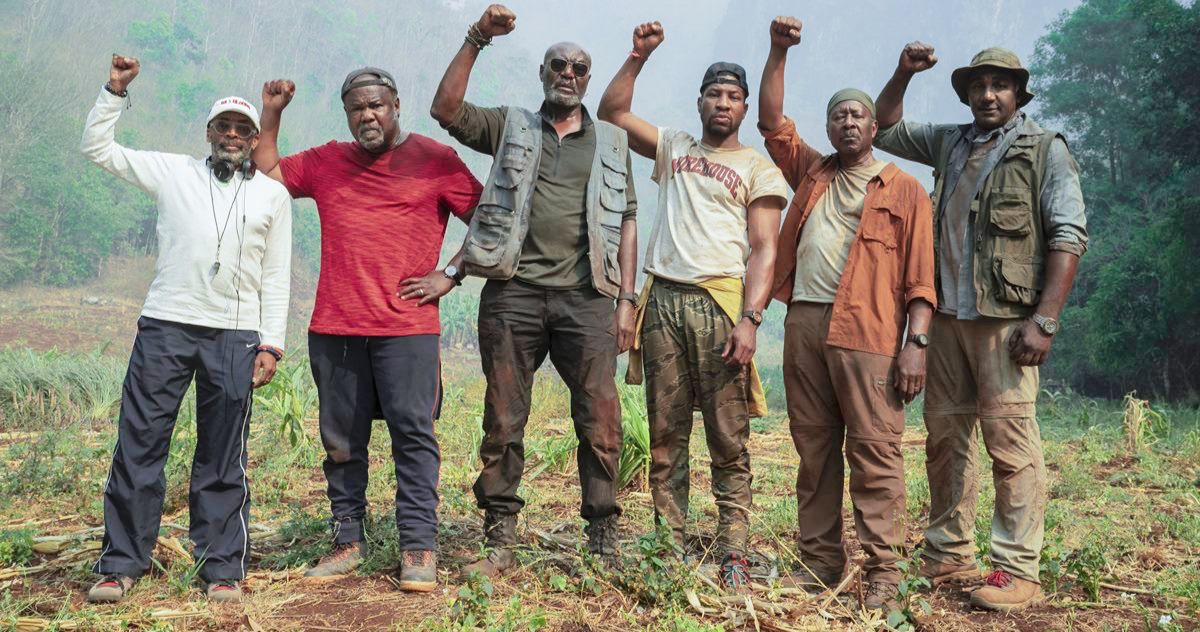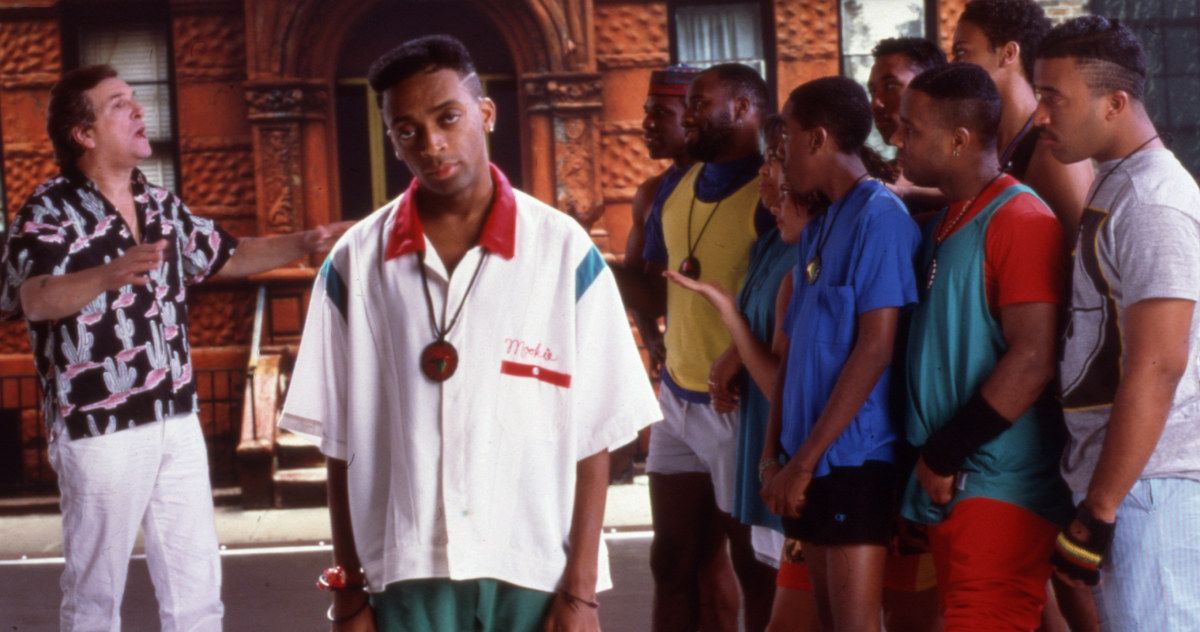When André Gregory and Wallace Shawn of My Dinner With Andre visited the coveted Criterion Closet, they briefly spoke of an eternity where you could only watch ten movies from a single film director’s filmography. Ultimately, and without much explanation, Shawn proposed and Gregory agreed with Claude Chabrol: the “French Hitchcock” and director of Les Bonnes Femmes, Le Boucher, and La Cérémonie, among celebrated others. While the answer is based in merit, it discounts the perpetuity of the question: watching French women get murdered is a repetitive and questionable way to pass the time forever, but it’s a good thought experiment that warrants further exploration and a myriad of proposals.
The core of the choice should stem from diversity in filmography: Kubrick can come to mind given the spectrum of genres he tried, Spielberg has a sheer mass of hits, Fincher nets you the gritties but also The Social Network and Benjamin Button, Terry Gilliam would give you a slightly offbeat eternity but still provide variety, PTA and Cuarón have simply not directed enough movies to qualify. The choice should be a director who can do all those things: who’s explored genres, who has plenty of hits, and who has a voice that’s familiar without being repetitive—Spike Lee. As such, here's why we could watch Spike Lee's movies forever.
Variety: A Filmography Like No Other
To pick only ten Spike Lee movies would be a hearty challenge, given you’d want multiple of his early classics like She’s Gotta Have It, Do the Right Thing, and Mo’ Better Blues, then his matured classics like Malcolm X, Clockers, and Crooklyn, then his contemporary hits like BlacKkKlansman and Da 5 Bloods, then a gut-wrenching documentary like 4 Little Girls, then you’d absolutely need a sprawling comedy special like The Original Kings of Comedy to cheer you up in eternity, then a full Broadway show like American Utopia or Pass Over, not to mention a sports drama like He Got Game and an action movie like Inside Man and a fiery romance like Jungle Fever—and while you’re just getting started picking out the musts in order to survive an eternity, you’re already five over your limit and haven’t even gotten to the devastating 25th Hour, the love-them-or-hate-them Chi-raq and Bamboozled, or the underrated School Daze. Spike Lee made too many musts to allow discretion like that.
His Movies Demonstrate a Directorial Curiosity
Some directors find their Hobbit hole and nest in it, churning out incredible works that deserve collective praise, but Lee’s films demand it individually. He’s missed, like the remake of Park Chan-wook’s Oldboy or the extremely questionable Girl 6, but for a renowned artist to fail demands that they neglect what once made them successful. Lee isn’t a Hollywood employee who totes his reels like a Fuller Brush Man does vacuums, he doesn’t seek to trace, he’s a 21st century explorer whose unmapped and enigmatic terrain fits in a 16:9 aspect ratio, if that. A director should be so curious to have failures; the idea that quality should be consistent is the pillar of a salesman, not an artist.
His Innovation of Cinema
When Truffaut had his warranted temper tantrum in 1954, he argued that the then invisibility of the film director was anti-authorial and a detriment to cinema as expression. That angst blossomed into the French New Wave and the world of movies was changed: a new dogma that a director was not a translator from script to screen, but the film’s author. Truffaut became a visionary and his frenemy Godard became a better one, Chytilová took the Eastern Bloc by storm with Daisies, and a decade later Scorsese made filmmaking the coolest medium in America: the director had a platform to not just speak but scream.
Spike Lee didn’t just bring Black people onto the silver screen in ways never before accepted or expected, he did it without a question mark, without even a period. He did it with all caps, exclamation points, and a new font. His thesis film out of Tisch was the first ever to be screened at Lincoln Center's New Directors/New Films, the world ansty for Lee’s contributions. Lee created his own seat at the table out of clever camera work, confidence in the artistic merit of Black culture, and dialogue riddled with head-on collisions—then left the seat for others to sit in because he didn’t love the table.
He Has a Distinctive Voice
It takes seconds to recognize Fincher’s monochromes, or Burton’s swirls, or Wes Anderson’s pastels. You can hear the dialogic difference between Charlie Kaufman and Andrew Niccol, between Aaron Sorkin and John Patrick Shanley, between Spike Lee and everyone. Anybody can tell Lee began in music videos, shots galloping along Brooklyn streets to the drums of Public Enemy or through the jungles of Vietnam to the irregular heartbeat of a dying man. Visually, Lee loves flaring colors and popping juxtapositions, but his idiosyncratic voice derives from simply being Spike Lee—playing his favorite songs, talking directly to the audience when the feeling strikes, amending the arc of the plot to quickly condemn systemic racism—Lee democratizes filmmaking by asserting the filmmaker is not a benevolent god but as honestly human as the viewer: emotionally, aesthetically, logically. In a Lacanian analysis of the screen as a mirror of the audience, Lee asserts a step further that the filmmaker is the filmgoer.
Quality: Always Delivers Good Movies
The best reason to make Spike Lee your desert island director is because he makes good movies. There are plenty of great films to go around, many better than what Spike Lee’s ever created, but where the cinematic world is a hodgepodge of one-to-four-hit-wonders at best on average, Lee is ABBA. Orson Welles' face is on the filmic Rushmore for two (maybe three) recognized entries. Though Lynne Ramsay could cook just about anybody under the table, she’s only made four dishes total; Bong Joon-ho's made seven; Wong Kar-wai a barely qualifying ten (and one of those is My Blueberry Nights). In the hall of great filmmakers, Lee is a titan undervalued in his time for the “niche” of his characters’ skin colors, but will eventually be crowned an incomprehensible master of the craft unlike just about any in history, with the gallery of Spielberg, the tenacity of Godard, and the impossible to recreate talent of Spike Lee.

